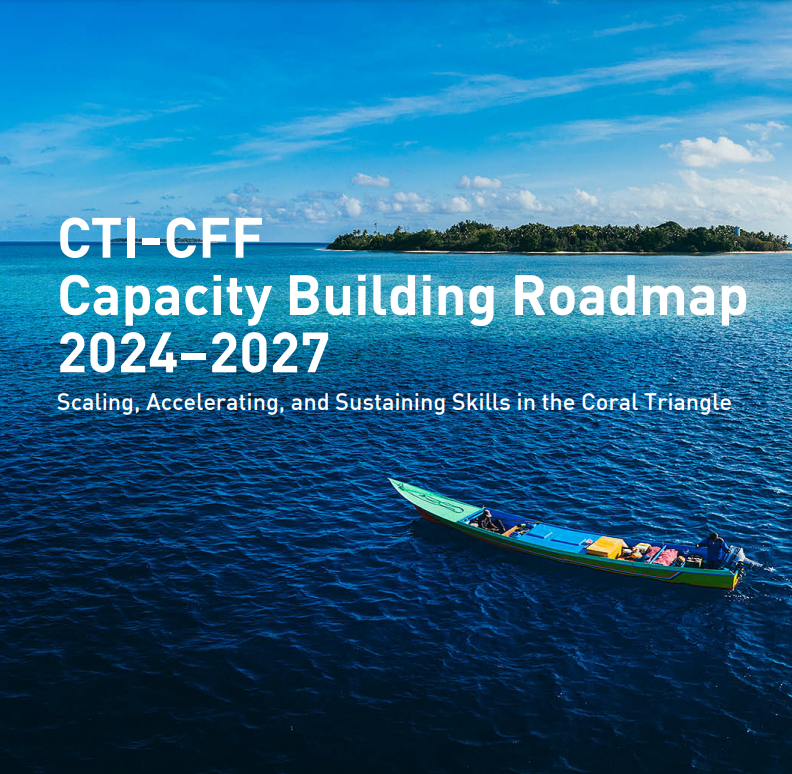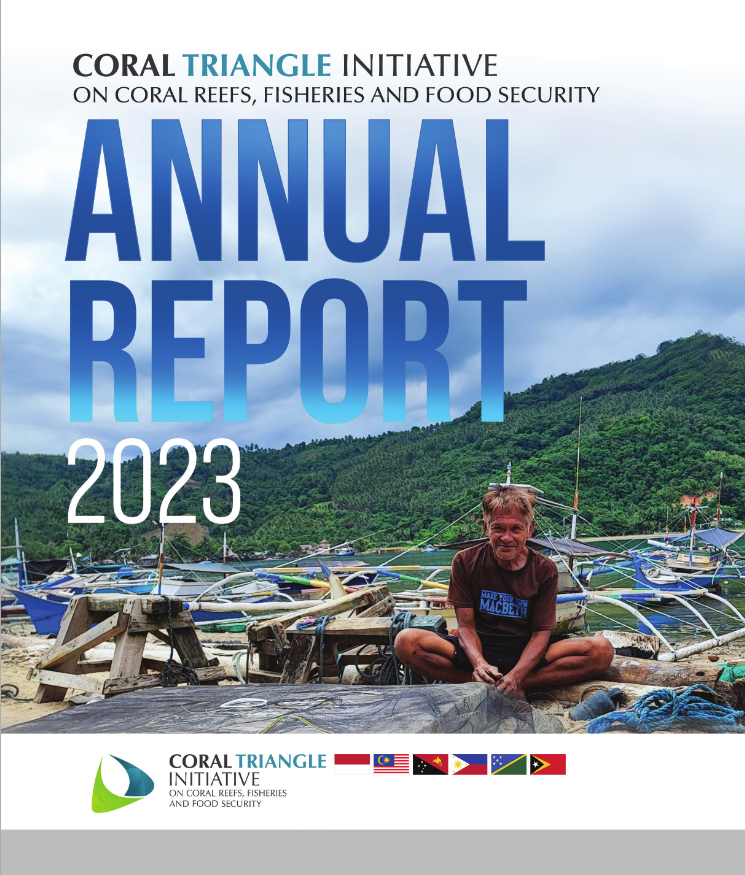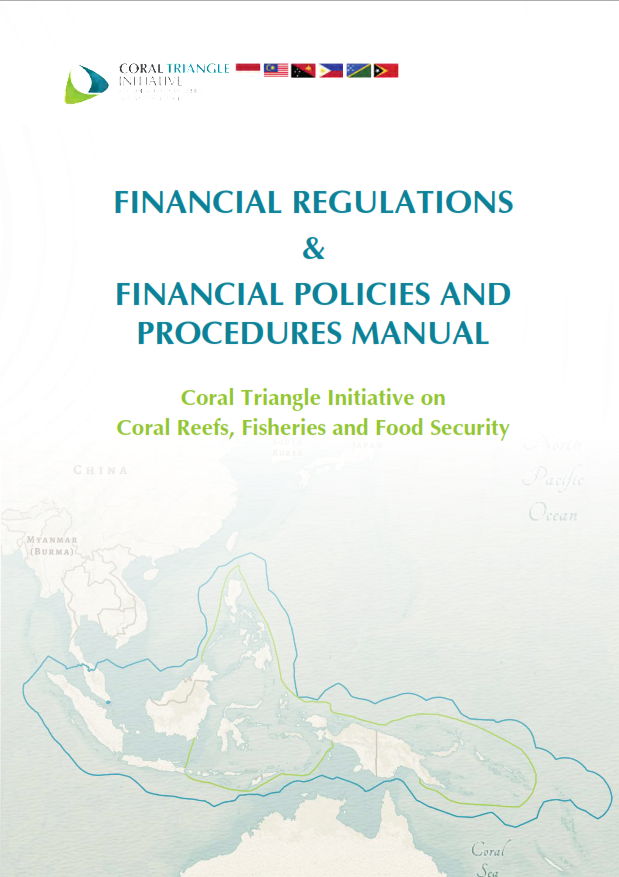Work Begins on Developing Seascape Model for Coral Triangle
The CTI-CFF’s first Regional Exchange on Seascapes has successfully laid the groundwork for the development of a seascape model for the Coral Triangle.
Organized by the Australian Government and Conservation International, the workshop was designed to develop a shared and better understanding of how integrated ecosystem-based management of oceans and coastal areas in the Coral Triangle has been initiated in each of the CTI-CFF countries and can be progressed under the seascape approach.
The workshop, held on April 8-10 in Manila, Philippines, was attended by 50 participants, including country delegates, resource persons and representatives from partner organizations.
The CTI-CFF publication “Toward Ecosystem-based Coastal Areas and Fisheries Management in the Coral Triangle: Integrated Strategies and Guidance” – also known as the “Integration Guide” – served as a key reference material in the workshop, providing participants with a quick broad view of the sectors, agencies, stakeholder groups, levels of government and programs that they should engage in planning for ecosystem-based seascape management. Developed through the assistance of the U.S. Coral Triangle Initiative Support Program, the publication is part of a toolkit designed to help improve the management of the region’s coastal and marine resources by integrating the implementation of the five thematic areas of the CTI-CFF Regional Plan of Action.
Capping the three-day workshop was the second formal meeting of the Seascapes Working Group (WG). The meeting agreed to finalize the seascape model in time for the next regular Senior Officials Meeting to be held later this year. Seascapes WG Chair Dr. Subandono Diposaptono is forming a small team to develop the model.
A second workshop focused on capacity building for seascapes is in the works.



